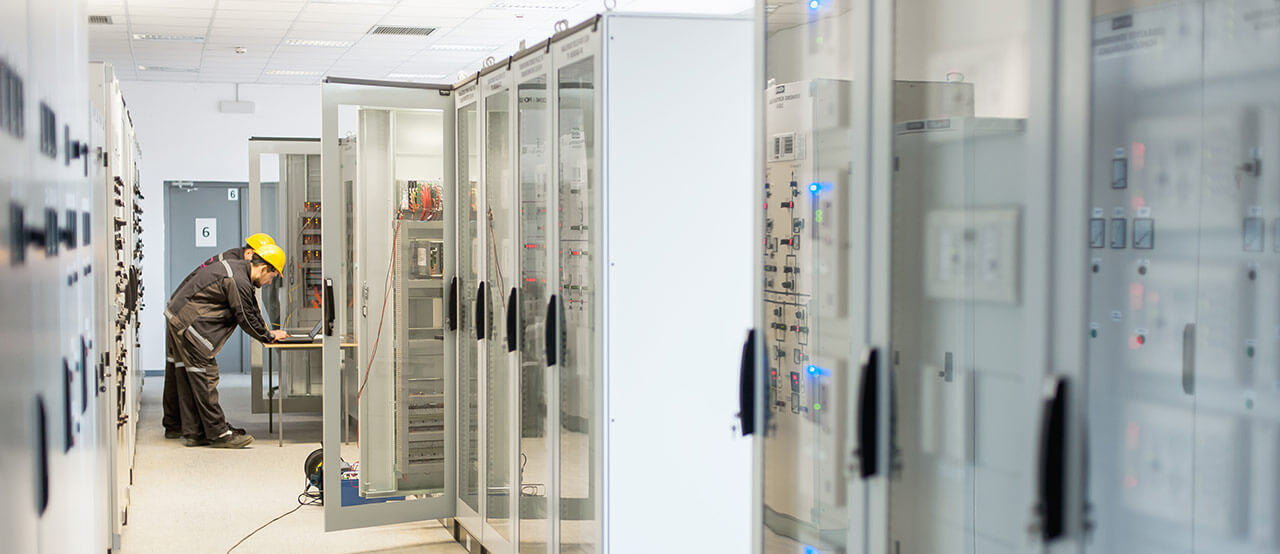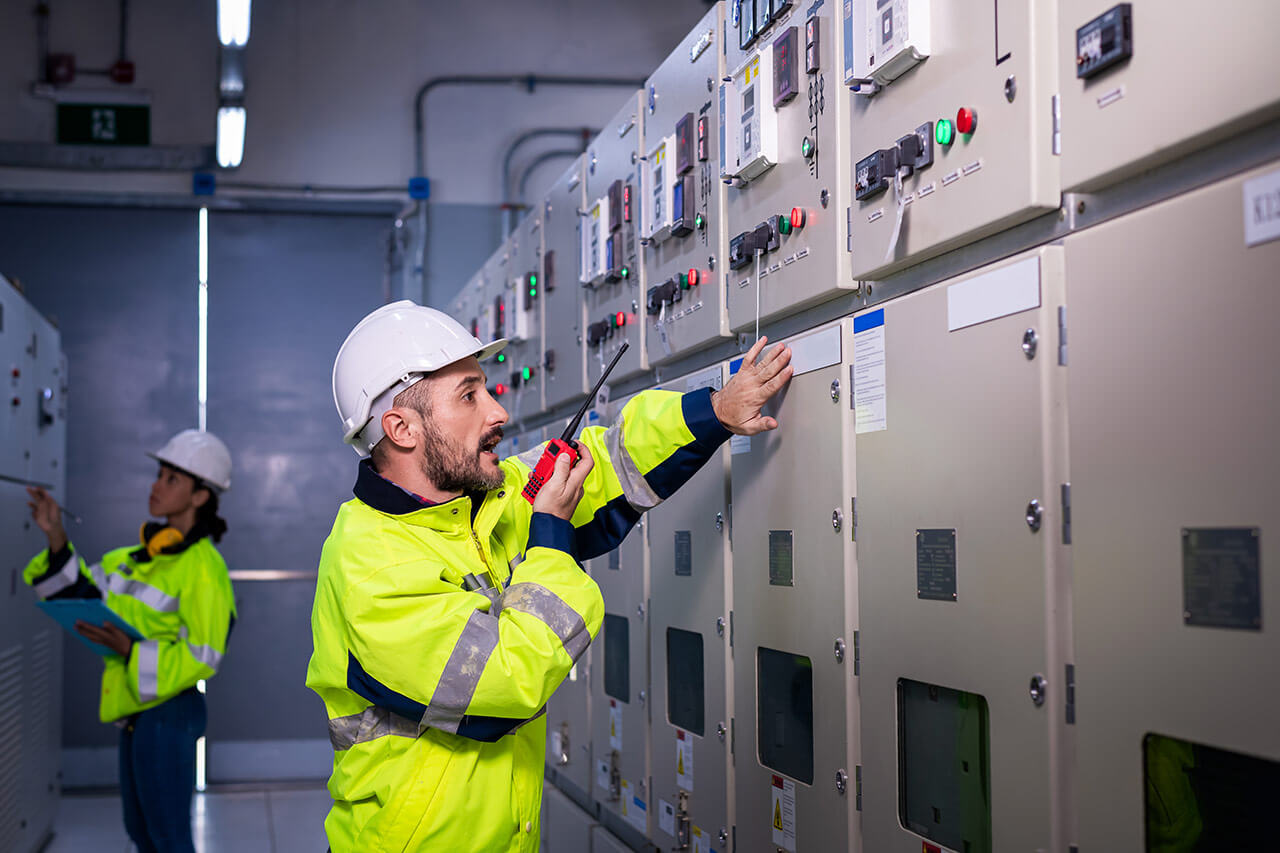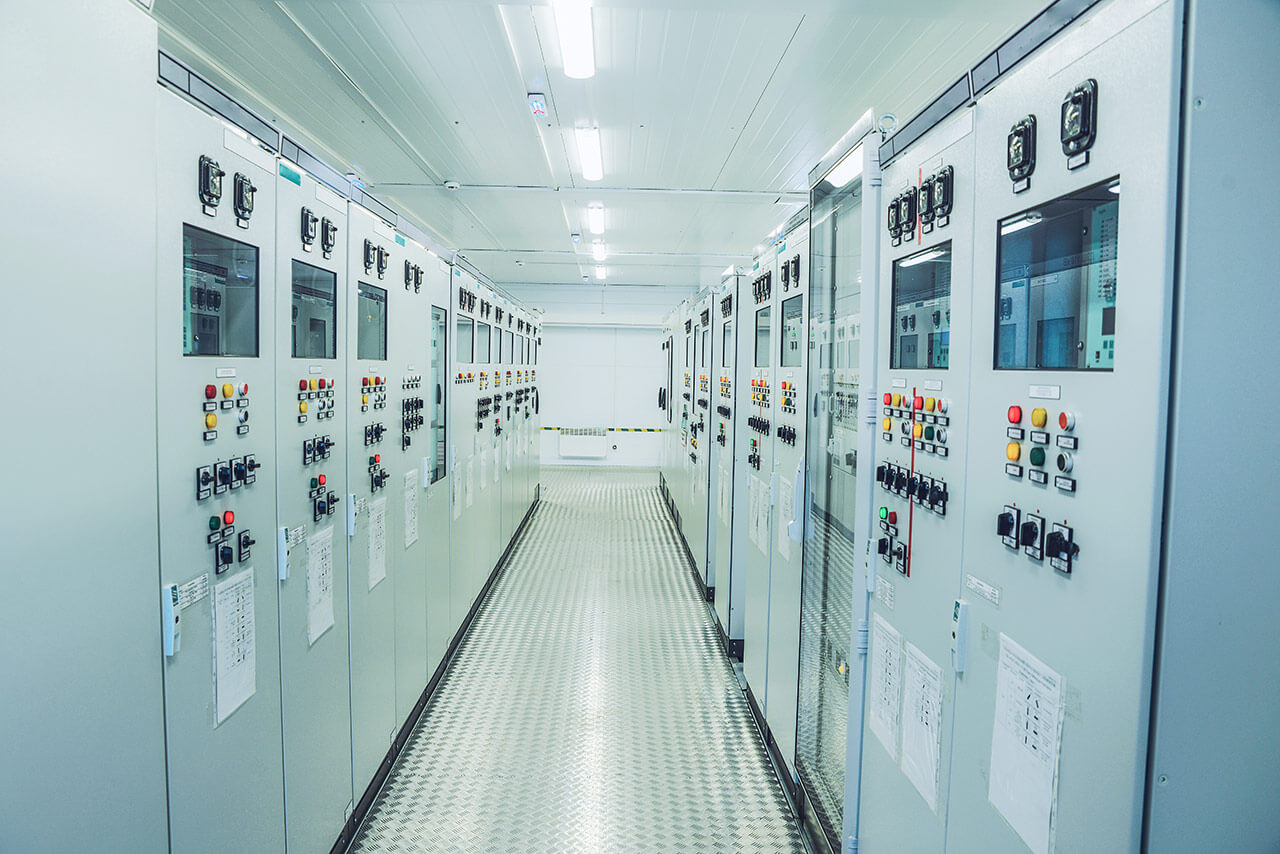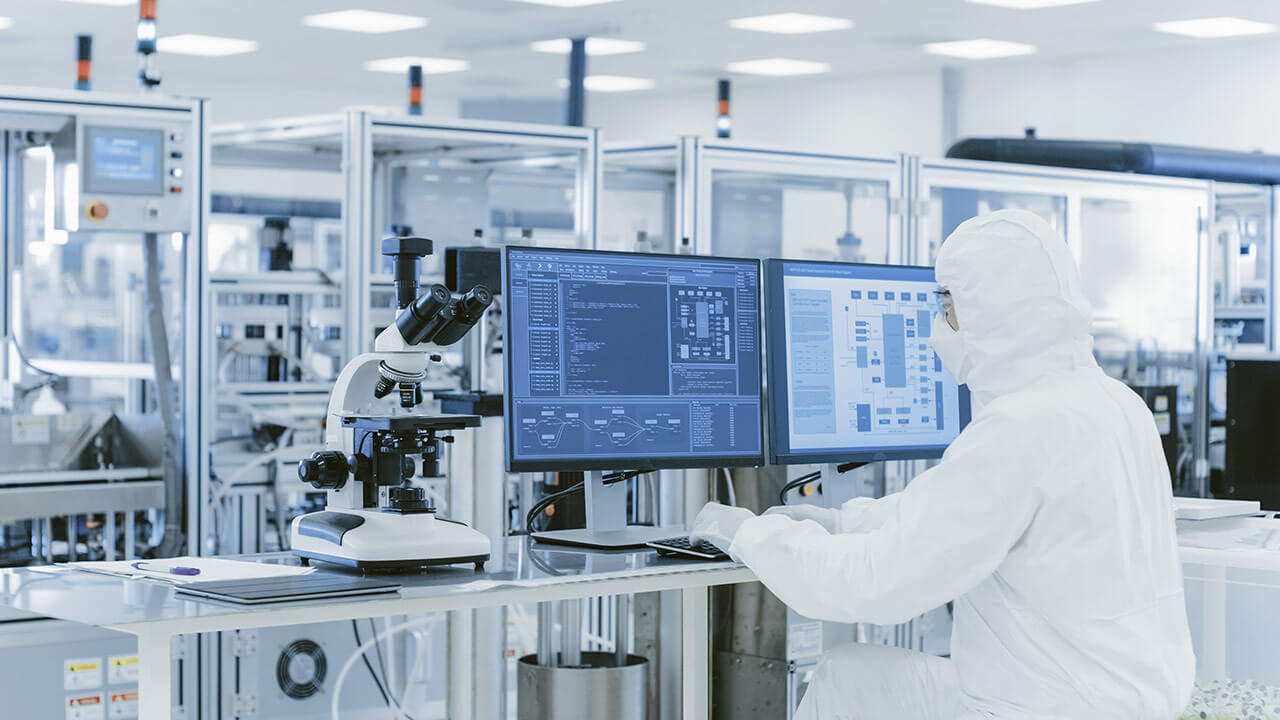Hospital engineers are professionals whose recognition is usually not related to their importance in clinical management. These professionals play a key role in achieving centres that are more sustainable and adapted to the new social and health realities..
“The work of hospital engineers is essential to introduce new technologies and materials in hospitals.
Nobody is aware that the future of hospitals lies in the development of the concept of smart hospitals. And it is in this evolution where efficiency, safety and well-being of the patient come into play as absolute priorities.

What is Hospital Engineering?
Hospital Engineering is a branch of health that is oriented towards the management, planning, analysis, design, development and implementation of technologies that offer alternatives and improved solutions to the problems of the hospital environment. How? Using the latest technologies, especially in the health sector.
The modernization of the hospital sector is a palpable reality of the last decades that, in this case, has generated the need for engineers specialized in medical equipment and sanitary facilities.
This hospital engineering related long ago to the mere maintenance and good use of hospital buildings, facilities and equipment, today it is already an obsolete concept. In fact, it is one of the professions that are evolving the most and that will evolve the most.

Thus, the hospital engineer has adopted a multidisciplinary and proactive role, collaborating and making decisions about the new hospital equipment and advanced technologies to be implemented in the centres. In this regard, the hospital engineer is in charge of aspects such as:
• Advise on investments and new facilities.
• Direct minor works and supervise contracts.
• Manage financial and human resources
• The technical-legal responsibility of the facilities.
Therefore, these professionals are increasingly important in clinical management, such as electrical safety solutions for hospital facilities.
Case study: the health management of Covid-19
Despite not being healthcare personnel, hospital engineers have played, play and will play a decisive role in centres and hospitals that have to deal with the fight against SARS-CoV-2 and the COVID-19 epidemic.
The global pandemic has revealed how important the proper functioning of a hospital is in terms of electrical safety, infrastructure, supplies and equipment.
Thus, in hospitals, the engineering and maintenance departments are responsible for critical supplies such as medicinal gases, water, electricity or fuels.

Improvisation or lack of management is known to lead to both financial loss and poorer healthcare. For this reason, it is important to manage everything that these concepts encompass, starting with the electrical system, the central nucleus of the operation of a hospital. Hospital engineering works at this point to control, for example, that the electrical supply will be effective under any circumstance, that the fuel tanks of the generating sets are full, or that newly built hospitals have two electrical connections in case of fault.
More specifically with COVID-19 patients, their consumption of medicinal oxygen is very high, so it is vital that the supply is guaranteed and that the reserves are adequate. It is also necessary to control the elements that are not affected by the extreme variation in temperatures or other factors, as well as to try to avoid consumption by bottles, being more advisable in exceptional cases to use gas ramps.
Another strategic point is air conditioning, the final comfort of healthcare personnel and patients. For this reason, it is more than necessary to ensure the supplies of natural gas or diesel, or of the hot and cold batteries.
A process that has decisively affected the health management of Covid-19 and that will mark the future of future health is divestment. The lack of economic support experienced in recent years has been noted and more than in this pandemic, “increasing the effects of the crisis”, as indicated by Luis Mosquera, President of the Spanish Association of Hospital Engineering (AEIH).
Mosquera also points out that it is urgent to invest in hospitals to make them “lighter and more elastic”.
The role of hospital engineering in designing the hospitals of the future
Behind the maintenance and good use of the technology that is made in Spanish hospitals are the hospital engineers. In short, it is an essential element in the introduction of new technologies and materials in the health sector.
Engineers are partners in the new technologies that are going to be implemented in the hospital, their knowledge seems key for the management of this determinant technological component that goes hand in hand with the hospitals of the future.
Each equipment used in medicine will integrate an Engineering component, both software and hardware. A fact that is not trivial and to which the investment to update hospital centres must also respond accordingly.

Hospital engineering has arrived, as can be seen in the fact that several Spanish cities carry out their plans in terms of infrastructure for the next five and ten years, since an optimal planning of architecture in Hospital Engineering is needed.
This network of qualified professionals will help to obtain greater benefits from telemedicine, to promote methodologies to avoid providing medical services at a distance, to implement Big Data or Artificial Intelligence, etc.
In short, rethinking hospitals to make health buildings more sustainable and safer.
Hospital engineering is a global issue in which the United States and China are already putting a lot of effort, and in countries like India it will reach a new dimension: by 2024, its hospital spending is expected to reach 2,000 million euros per year.
Hospital engineering and electrical safety
Another area in which hospital engineering has a lot to contribute is in the electrical safety of hospitals.
The energy supply is essential not only in exceptional moments and of great hospital pressure such as the aforementioned pandemic, eventual natural disasters or critical situations. At such times critical areas such as operating rooms or ICUs have a high work rate, so electrical safety plays an essential role in the medical care of patients and, of course, to facilitate the work of healthcare professionals.
“The energy supply is essential not only in exceptional moments and of great hospital pressure such as the aforementioned pandemic, eventual natural disasters or critical situations.
On the other hand, considering that technology is increasingly present in hospitals and health centres through programs, software, machines, etc … It is important to have hospital electrical safety solutions that will ensure the proper functioning of all the medical services offered.
Planning the hospitals of the future
A light, adaptable hospital, with the appropriate infrastructures and prepared to adapt to the new and changing realities of the sector. This is the model of the health centre that will be established in the future.
A concept that has gained more acceptance than ever with the COVID-19 crisis: the global health structure is not prepared to face enemies and situations like that.
Therefore, the work of hospital engineering will be to ensure that hospitals are safe and intelligent spaces that adapt optimally and quickly to specific and temporary needs. To reduce the rate of improvisation, the work of hospital engineers to design contingency plans will be essential. And, fundamentally, guaranteeing electrical safety or making the design of hospitals more flexible, such as having spaces prepared to house mobile wards, hospitalization areas that can be transformed into ICUs, etc.




